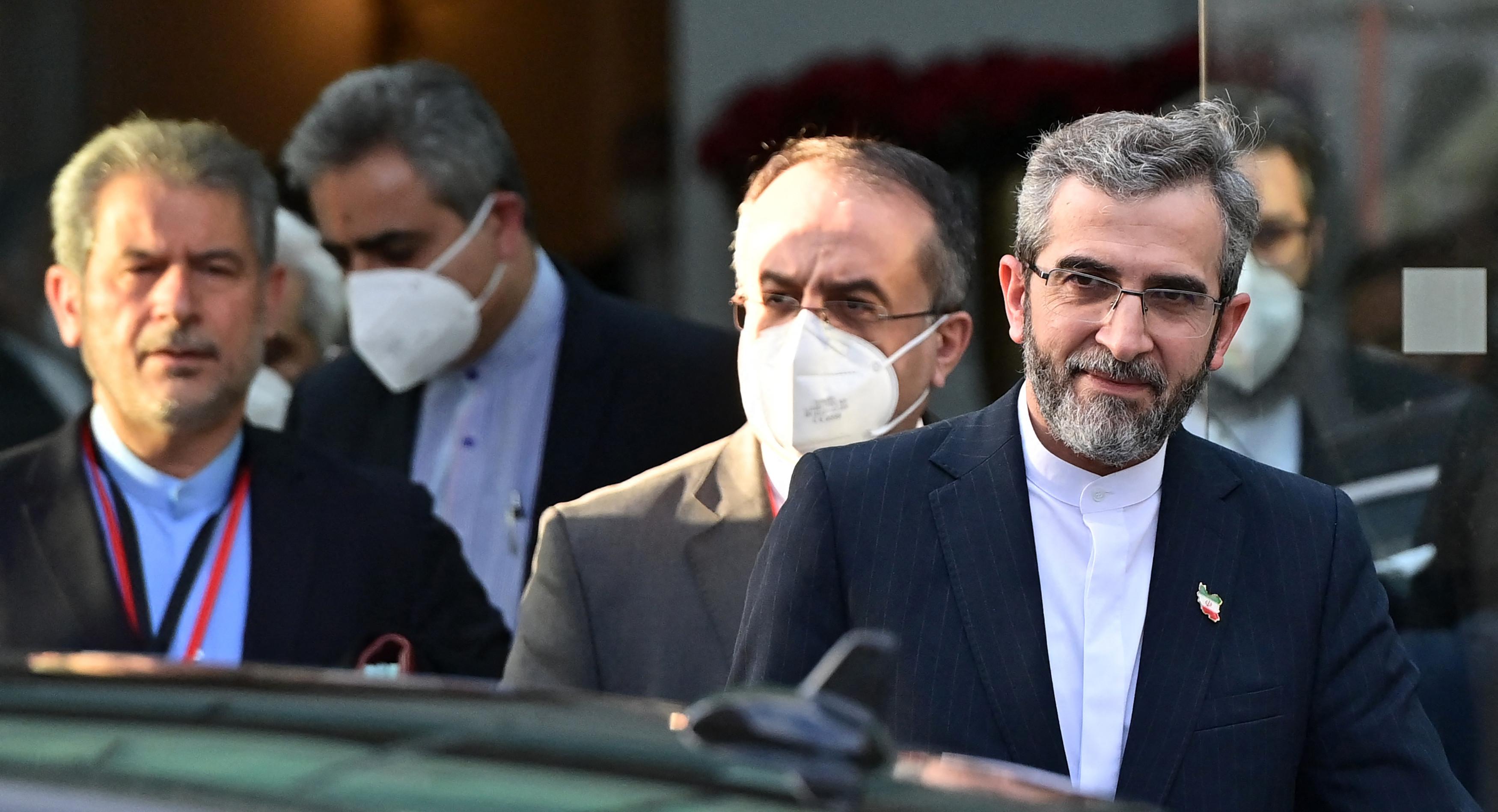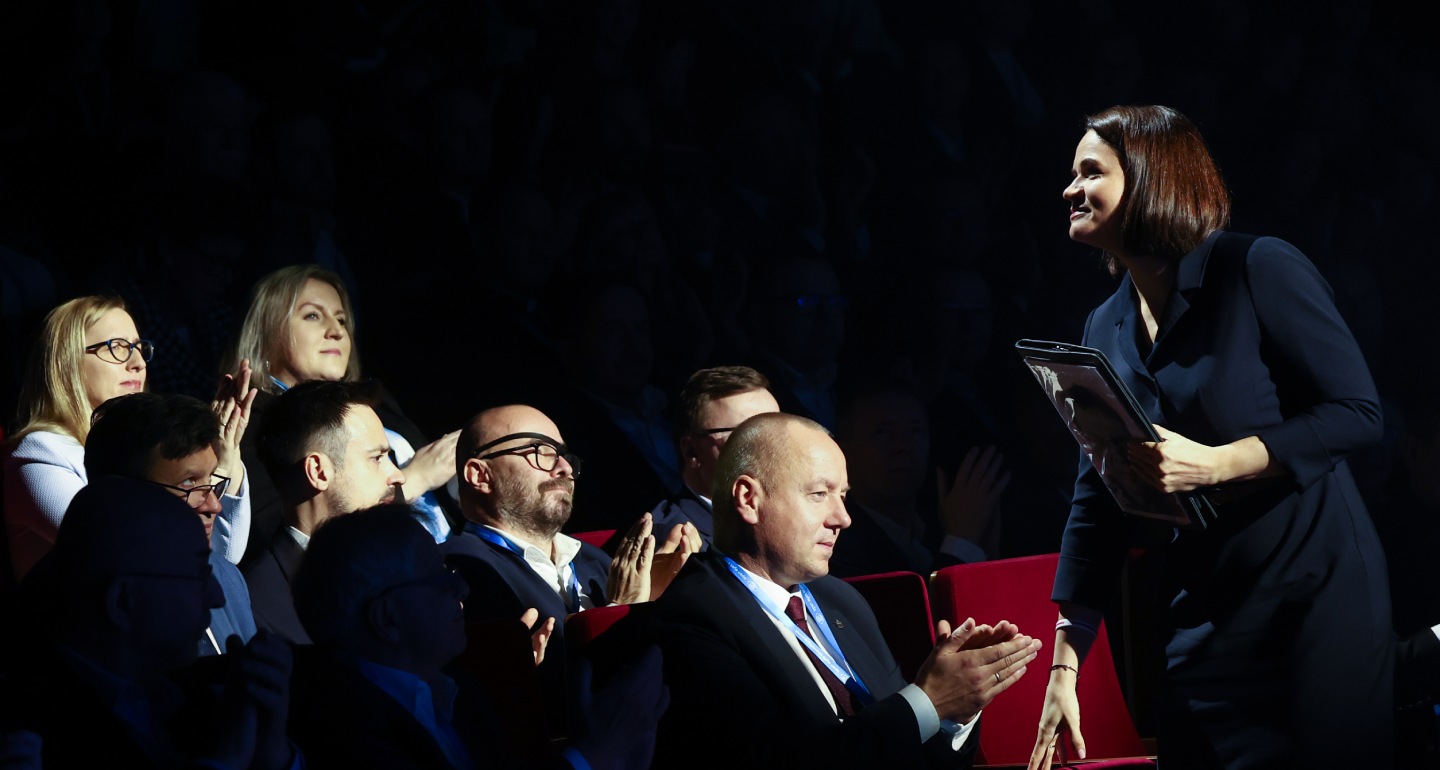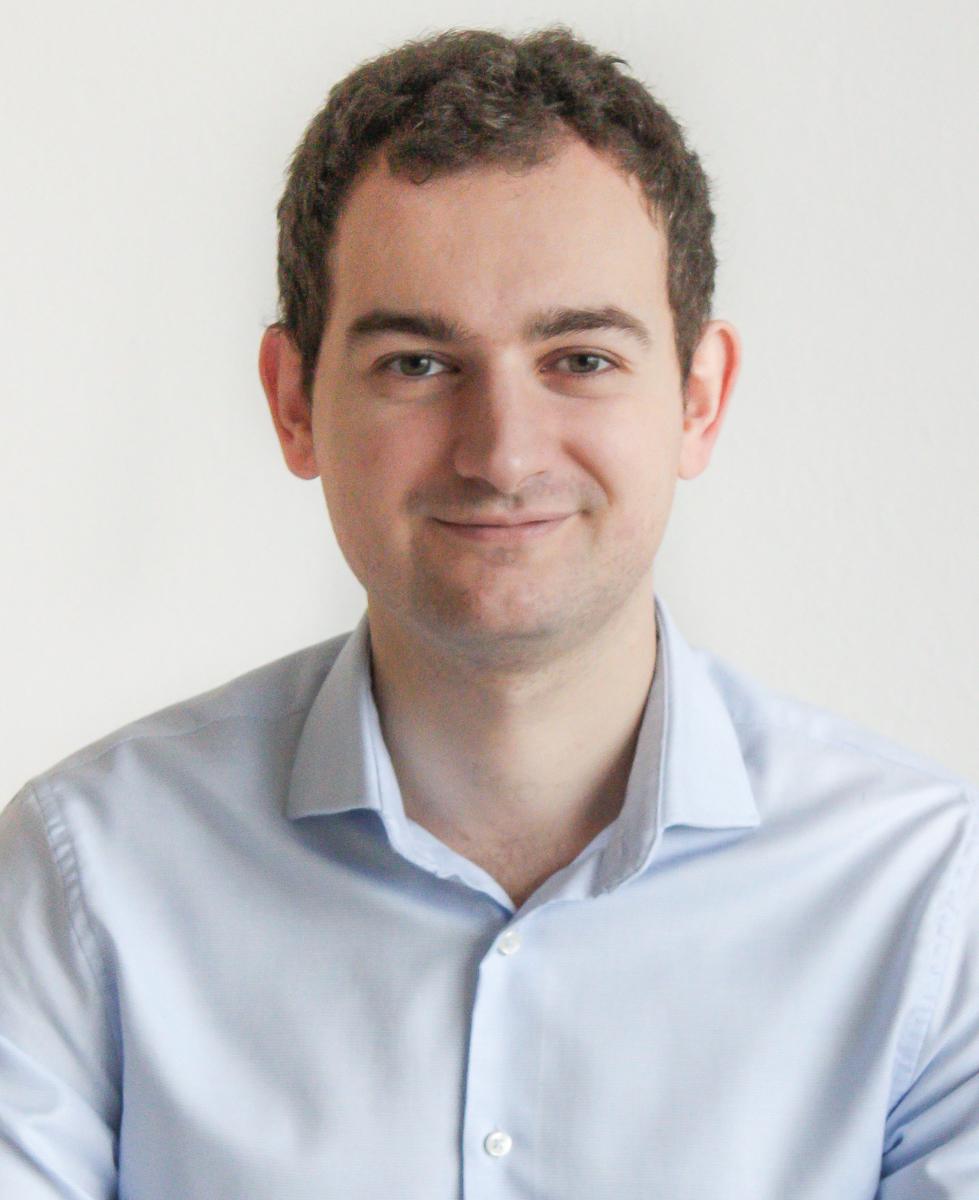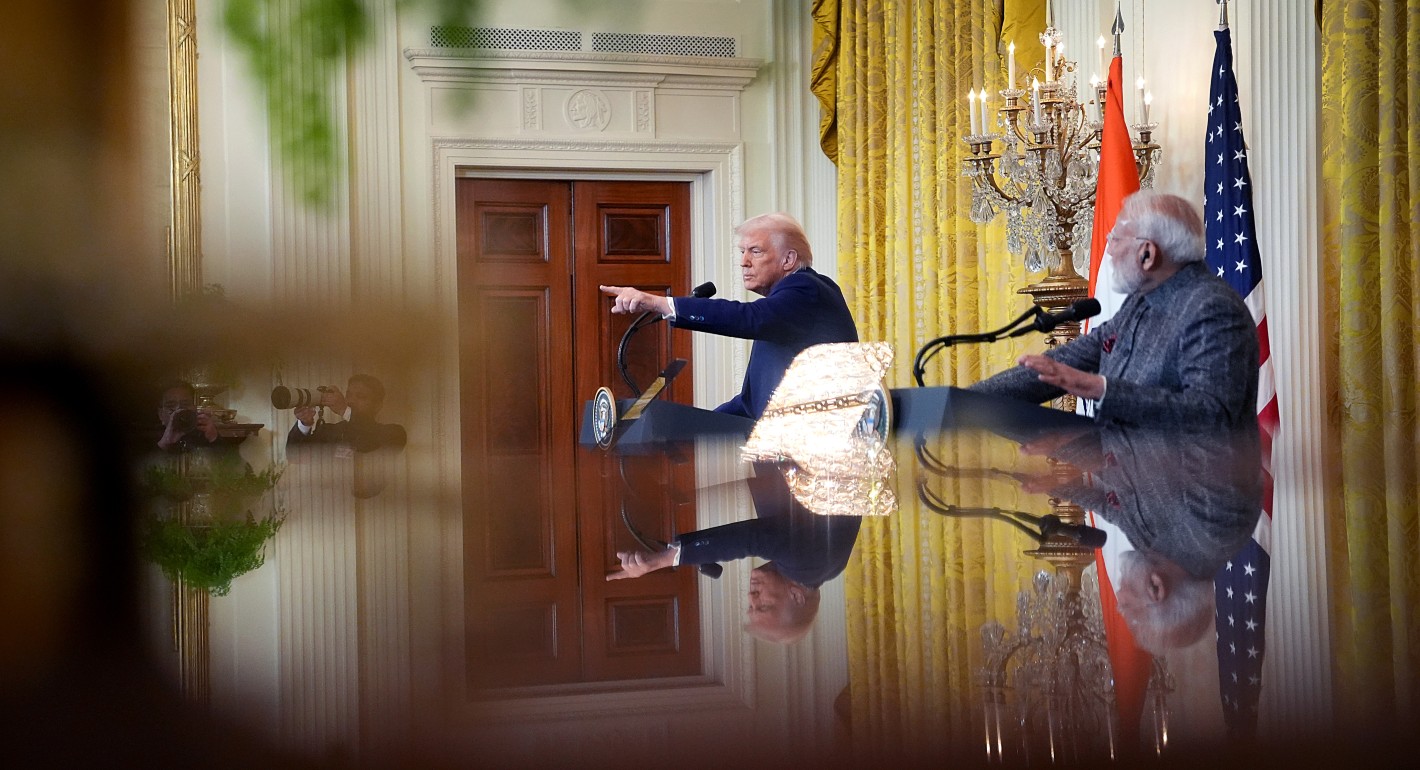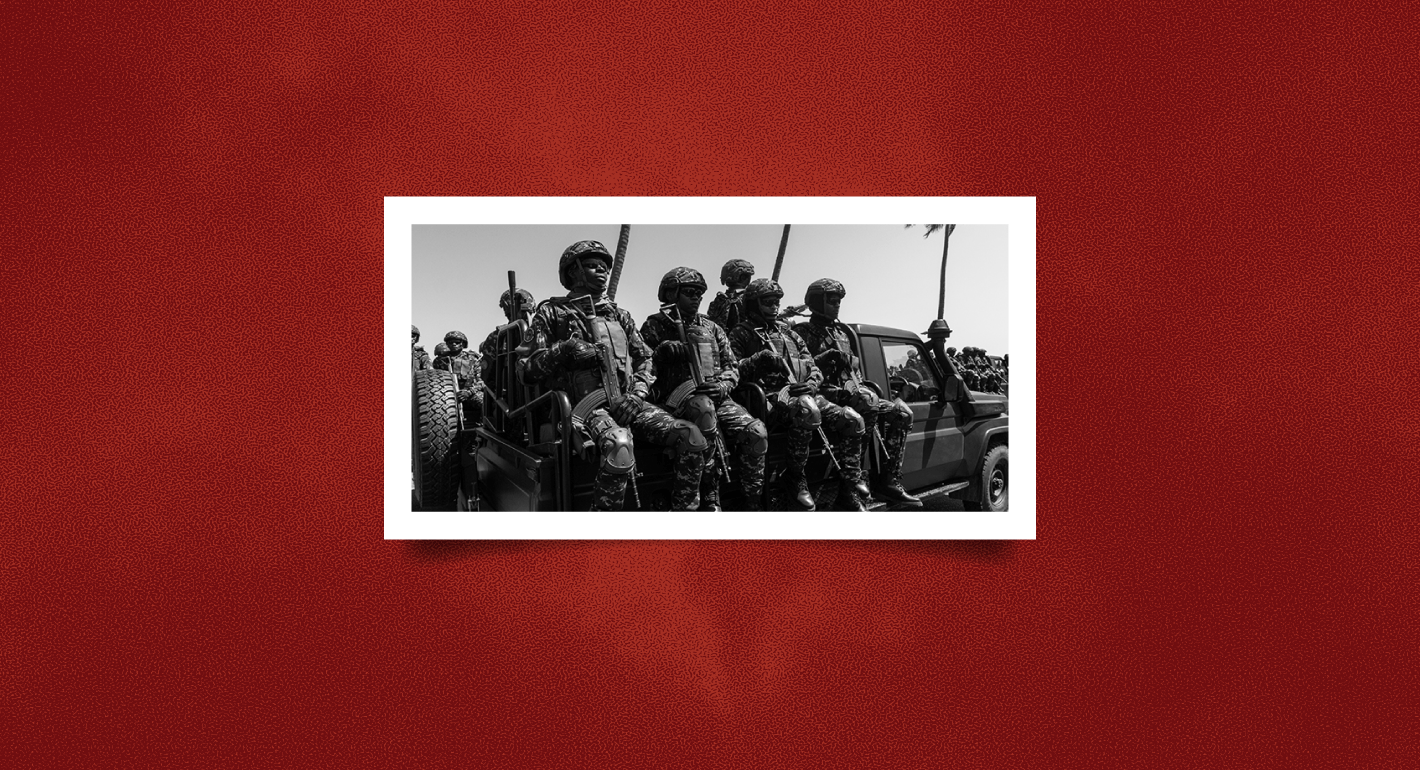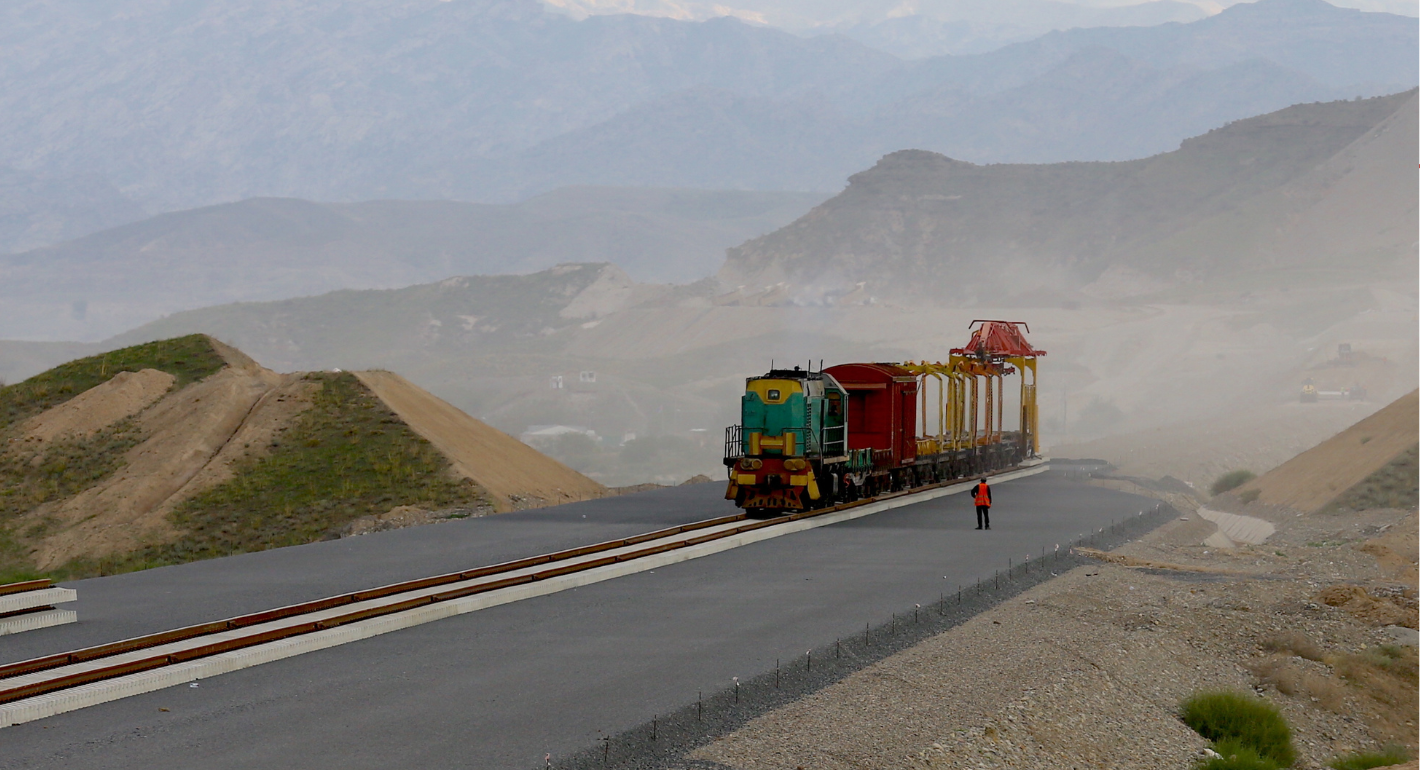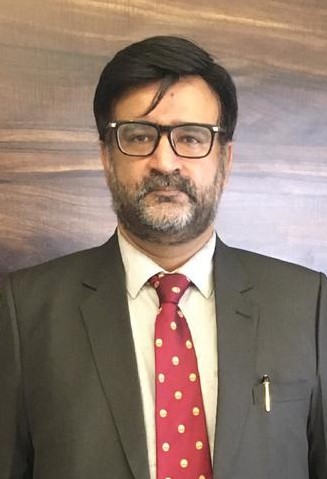Nuclear talks with Iran have resumed in Vienna, after former president Donald Trump pulled the United States out of the Joint Comprehensive Plan of Action (JCPOA) in 2018. Below, Karim Sadjadpour, a Carnegie senior fellow and Iran expert, and George Perkovich, the vice president for studies for Carnegie’s Nuclear Policy Program, discuss the latest developments and what’s at stake in the revived talks.
What’s Happened With Negotiations So Far?
Karim Sadjadpour: U.S. President Joe Biden’s administration has sought a mutual return to the nuclear deal, which would require Iran to reverse its nuclear progress and agree to greater oversight in exchange for sanctions relief. Given that it was Trump who unilaterally withdrew from the agreement, Tehran wants the United States to first lift sanctions and offer guarantees that a future U.S. administration won’t renege on the agreement. As of now, there is little optimism that Iran is prepared to reverse its nuclear program to where it was in 2015.
George Perkovich: The new Iranian government, elected in June, and its representatives tried out different demands or positions that were patently less acceptable to the other countries and the EU than were the positions of the prior government. For example, Iran reportedly demands compensation for the economic harm it suffered following the Trump administration’s withdrawal from the JCPOA. It also seeks a change in the UN Security Council resolution that codified the JCPOA, making it harder for sanctions to be snapped back onto Iran if it violated a restored agreement. Through patient cajolery and various forms of threat, the other parties plus Israel and Iran’s Arab neighbors have tried to nudge Iran back to where negotiations had been left at the time of its elections. The U.S. side is in no better position to reassure Iran that sanctions relief would endure past the Biden administration—or that international businesses would become confident enough that Washington won’t somehow sanction them if they engage with Iran.
American Officials Aren’t Negotiating Directly. How Does the Indirect Communication Affect Talks?
Sadjadpour: The United States would welcome direct talks with Iran, but Iran’s supreme leader has prohibited direct dialogue (at least publicly). U.S. negotiators have said this lack of direct dialogue makes it doubly difficult to bridge mistrust and break deadlocks, as all details must be relayed via interlocutors that perhaps neither Washington nor Tehran trust fully.
Perkovich: Everyone involved is bothered by the lack of direct dialogue. It’s like the old “telephone” game, where something gets lost with each passing of a message from one person to the next. It’s harder still when technical experts cannot talk directly with one another and the intermediary may not have the relevant expertise. There’s no spontaneity. The process is slowed.
Why Is the United States Trying to Impose a Deadline on an Agreement?
Sadjadpour: The more time that passes, the more Iran hones its nuclear expertise, and the sooner the JCPOA’s various sunset clauses expire. In 2024, for example, Iran will be permitted to begin using faster centrifuges that shorten its potential pathway to weaponization. At the same time, Iranian officials have reason to speed up negotiations, as the country will continue to experience significant economic duress until there is a full or partial resolution to this issue.
Perkovich: Beyond expertise, the more time Iran has to enrich and stockpile uranium, the closer it is, at least nominally, to being able to make a nuclear weapon. The metric that was established—for good or ill—before the JCPOA was completed was that Iran should be kept at least one year away from having enough fissile material to make one nuclear weapon. The closer Iran gets to having that much material, the more pressure there is for the United States or Israel to act militarily to stop it. It’s like a ticking clock that the media, U.S. Congress, and others watch and use both to score Biden’s administration and to invoke the necessity for military action. The metric itself does not make strategic sense, but that does not reduce its political salience.
These Talks Are About More Than Iran and the United States. How are China, Russia, and Europe Thinking About These Negotiations?
Perkovich: France is strongly determined to prevent Iran from acquiring nuclear weapons and at the same time wants to avoid war in the region. The UK is a less active player for a variety of historical and contemporary reasons. Russia has no affinity for Iran, really does not want Iran to acquire nuclear weapons, but could benefit from crisis, instability, and higher energy prices if the issue does not get resolved. China does not want Iran to acquire nuclear weapons, really does not want energy prices to rise, wants growing access to supply goods to the Iranian economy, generally opposes sanctions, and will not stick its neck out in any way on this issue.
Sadjadpour: China, Europe, Russia, and the United States have divergent views on Iran, but they share a common goal of wanting to avert both an Iranian bomb and conflict with Iran. In my view China is the single most important actor in the equation, given Tehran’s economic and strategic dependence on Beijing. Although it’s very much in its interests to see this issue resolved, Beijing is reluctant to put pressure on Iran for a variety of reasons, including China’s bilateral tension with the United States.
Is Iran’s New President Taking a Different Approach Than His Predecessor?
Sadjadpour: President Ebrahim Raisi and his negotiating team have a different disposition than former president Hassan Rouhani and his negotiating team. Raisi, like his mentor Ayatollah Khamenei, has a worldview premised on resistance against the United States, not cooperation. What’s more, the two believe the Biden administration is committed to reviving the nuclear deal and reducing the U.S. presence in the Middle East so they can therefore drive a harder bargain.
Perkovich: This situation would be difficult for any government. Imagine that your country made a deal, after many years of negotiations and sanctions, with your arch-nemesis. You basically kept your side of the bargain—at least as much as the other side did. And then your nemesis gets a new leader—an unstable, ignorant, bizarre man—who decides to break the agreement and impose much more pain on your people and your government.
The other members of the UN Security Council think what the United States did is wrong, but they haven’t done anything significant to rectify the situation. And now Iran is being pressured to return to the original deal, having suffered losses in the meantime, with zero guarantee that the United States won’t do the same thing all over again in three years. And there’s little prospect that international businesses will lose their fear of secondary U.S. sanctions so that they will invest or trade with Tehran. It would be difficult for any new government to say, “Yes, OK, we will turn the other cheek and give you what you want, and we understand you can’t promise us anything further.”
What Would Iran’s Objective Be Once It Acquired Nuclear Weapons?
Sadjadpour: The Islamic Republic’s foremost objective is its own survival. For the last two decades it’s made the calculation that the risks of attempting to weaponize its nuclear program—a potential U.S. or Israeli military attack—outweigh the benefits. The U.S. intelligence community still believes that Iran has not made the decision to pursue nuclear weapons. Although there is no open, public debate in Iran about this topic, I suspect there are a growing number of Iranian officials who believe that obtaining nuclear weapons would immunize the Islamic Republic from U.S. and Israeli pressure or threats.
Perkovich: Iran has a long way to go before it actually acquires nuclear weapons (plural). If it attempts to do so, which would involve much more than enriching uranium to weapons grade, Israel and/or the United States would very likely detect the attempt and take military action to prevent it. So, while Iran might want nuclear weapons to deter attacks, its leaders would have to figure out how they and their weapons potential would survive through the war that the United States, Israel, and others would conduct to prevent the Islamic Republic from getting enough weapons to use.
And then, if Iranian leaders had even a few nuclear weapons, they would have to figure out how they would survive both the possible follow-on military conflict and the ever-tighter sanctions that would turn the population further against the government. Iran is not North Korea; the Iranian people expect much more. They know the Islamic Revolutionary Guard Corps is corrupt and repressive and fails to govern justly or efficiently. The government’s legitimacy problem is exacerbated by cutthroat elite politics, such that competitors vie to avoid being charged with negotiating weakly.
All of this is why it’s counterproductive for the United States, Israel, and others to keep saying Iran is seeking nuclear weapons: It makes it look like Iranian leaders would be giving up something big to rejoin the JCPOA, when it’s quite possible that Iranian leaders want only the know-how and basic capability to make nuclear weapons as a lever against their adversaries. The JCPOA worked because Iranian leaders got a hedging capability, while the world got pretty good assurances that Iran would not make nuclear weapons without sufficient warning to stop it. That basic logic—not acquiring nuclear weapons—still provides the best available modus vivendi for Iran and the rest of the world.
What’s a Good Outcome for the West?
Perkovich: The ideal outcome would be a new agreement that strengthens and extends limits on the nuclear activities and capabilities that Iran could use for nuclear weapons (but not civilian purposes). But that is not going to happen, not least because the United States is politically unable to offer Iran “more for more.”
A good outcome, then, would be a mutual return to the JCPOA. That is more likely than the ideal, but still difficult to achieve, not least because of the dysfunction or irresponsibility in Washington that prevents any bipartisan support for diplomatic compromise with adversaries. Thus, a more likely, tolerable outcome would be a continuation of the status quo: Iran increases its nuclear capabilities to get leverage for more comprehensive sanctions relief; the United States and others can’t or won’t provide such sanctions relief but instead try to squeeze Iran harder; and all sides inch toward a more severe crisis, hoping something changes before they get to a brink.
What’s a Good Outcome for Iran?
Sadjadpour: Iran may prefer to get modest sanctions relief in exchange for a modest nuclear compromise—what’s sometimes called a “less for less” deal—as opposed to a deal that would lift most sanctions but require the country to make more significant nuclear compromises. As long as Iran can sell oil to Europe and Asia and is not blocked from the international financial system, Iran’s ruling officials are not actually interested in being totally integrated into the global economy and attracting massive foreign investment. That has never been their priority over the past four decades. After the JCPOA was signed in 2015, Khamenei warned that foreign investment could be a Trojan horse for regime change.
Perkovich: “Less for less” is much more likely than “more for more.” All the critics of the JCPOA and of Democratic U.S. presidents would denounce the Biden administration for accepting such an agreement, but those people would not bear the responsibility of war as an alternative. Nor do they have any other approaches that offer any better outcomes. After all, the Trump administration pursued maximum pressure against Iran, and that produced all the dynamics that people are now decrying. It’s too easy in U.S. politics these days to attack anyone who will compromise with domestic or foreign opponents. But that’s why our domestic affairs are such a mess, we are failing to address climate change domestically or internationally, and we don’t make diplomatic progress with adversaries to reduce worse risks of destruction.
What Signs or Signals Are You Looking for to Indicate That a Deal Is Imminent? What Would Indicate to You That the Talks Are in Danger of Collapse?
Perkovich: For signs of collapse, I would watch and listen to what French and Chinese officials say. Both those countries are involved in the talks and have major political and economic interests in their success—or at least in the avoidance of war in the region.
Sadjadpour: In September 2013 Khamenei gave a speech to the Revolutionary Guards portending an Iranian nuclear compromise, using the term “heroic flexibility.” The analogy he used is that a wrestler sometimes must take a step back to regroup against an adversary. In other words, Iran was prepared to make a temporary and tactical nuclear compromise, but the United States and Iran would remain adversaries. If and when Iran is prepared to make a compromise, Khamenei’s speeches are often the best indication.
In the coming weeks and months, there are likely to be headlines warning that the talks are in danger of imminent collapse. Although we may have prolonged impasse and escalation, all seven countries involved in these negotiations want to avert a collapse. Indeed, part of the challenge that the Biden administration faces is that Iran feels overconfident that the United States is committed to continued negotiations.
